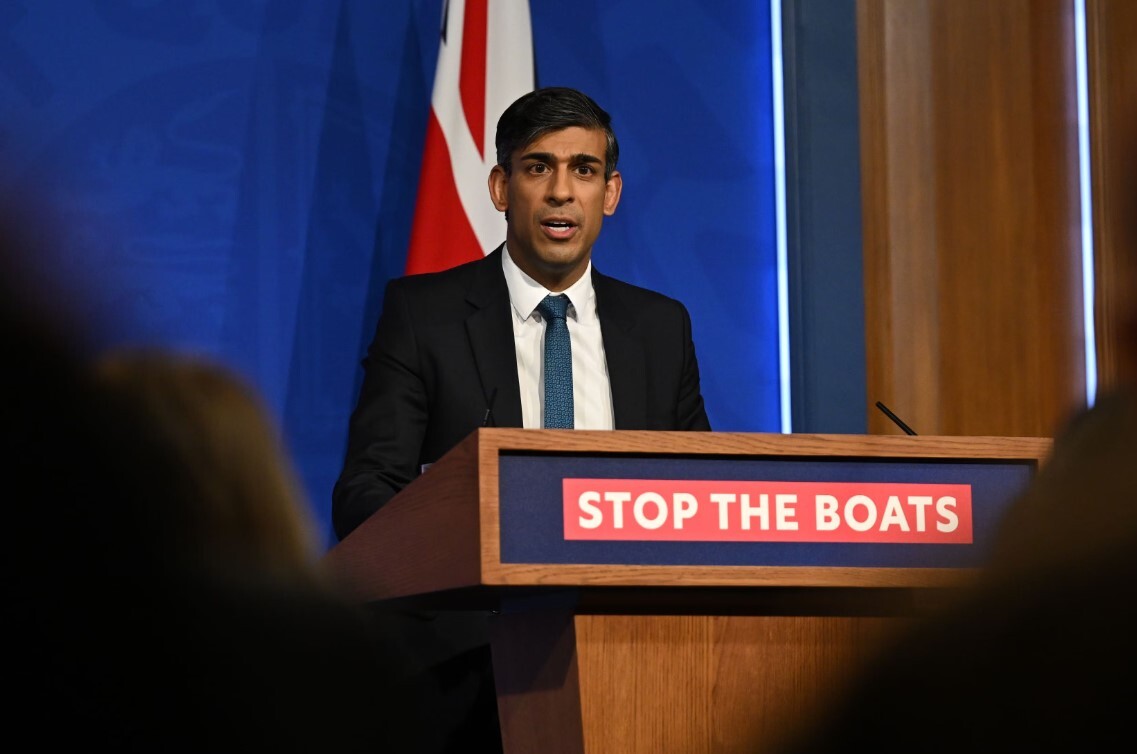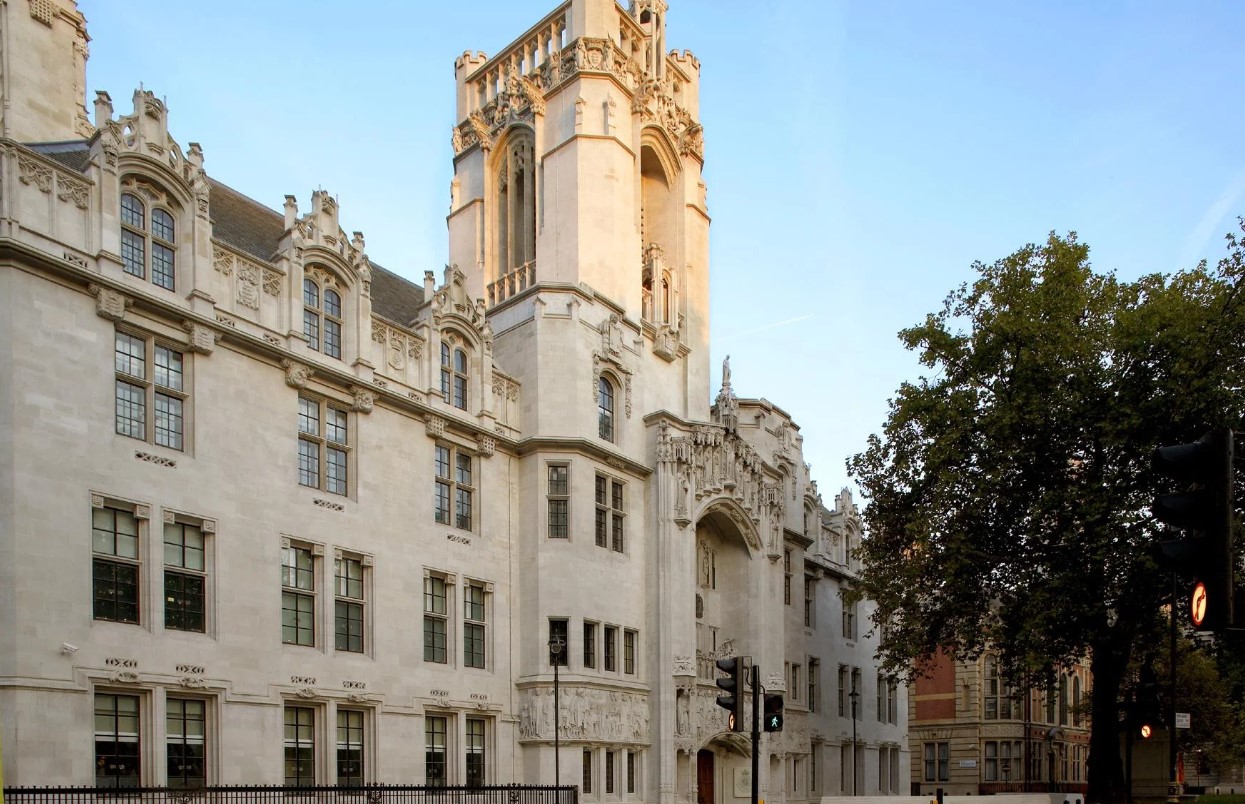


The UK Supreme Court unanimously rejected the government's intentions to deport asylum seekers to Rwanda, dealing a serious blow to Prime Minister Rishi Sunak's important immigration policy. Upholding an earlier decision by the appeals court, the ruling highlights the genuine risk of erroneous evaluation and possible persecution upon repatriation to their place of origin.
The crux of the issue is Sunak's pledge to "stop the boats" using a contentious £140 million initiative, which seeks to dissuade asylum seekers from travelling by small boat across the English Channel to the UK.
Refugee NGOs, who have strongly criticized the program, have questioned the government's claim that sending people to Rwanda would serve as a major deterrent.
Lord Reed, the president of the Supreme Court, was quoted in the ruling, which cited important data from the UNHCR—the organization that handles refugees—that demonstrated how a comparable deportation deal between Rwanda and Israel failed.
The court's decision calls into question the legitimacy and efficacy of these offshore tactics in resolving the intricate problem of asylum seekers entering the country through dangerous means.
"This was not the outcome we wanted, but we have spent the last few months planning for all eventualities and we remain completely committed to stopping the boats," Sunak said in response to the ruling. He hinted at other options but reiterated that the idea of processing illegal migrants in a safe third country is legitimate notwithstanding the setback.

The decision follows a fiery letter accusing the prime minister of violating agreements about the Human Rights Act and the European Convention on Human Rights (ECHR) written by the fired home secretary Suella Braverman.
Sunak's absence of a convincing "Plan B," as criticized by Braverman in his letter, highlights the divisions within the Conservative Party and suggests that the government's position on international human rights accords may change in the future.
The Rwanda scheme's financial costs are revealed by the Supreme Court's ruling, in addition to its legal ramifications. The ruling raises concerns about the spending on a strategy that has been the subject of intense legal battles and public scrutiny, even though the Rwandan government has already received almost £140 million.
Humanitarian organizations and asylum applicants' attorneys hailed the decision as a compassionate and rational win. The Refugee Council's chief executive, Enver Solomon, stressed that the government must concentrate on establishing an asylum system that operates and respects humane, just, and compassionate principles.
The plan, supported by Prime Minister Rishi Sunak, was to send asylum seekers who entered the UK without authorization back to Rwanda so they could be processed there. The government thought it would discourage people trying to cross the English Channel in small boats to get to the UK.
Legal experts and humanitarian organizations hailed the Supreme Court's ruling as a win for logic and compassion. They underlined how important it is for the government to concentrate on developing an asylum system that operates and respects humane, just, and compassionate ideals.